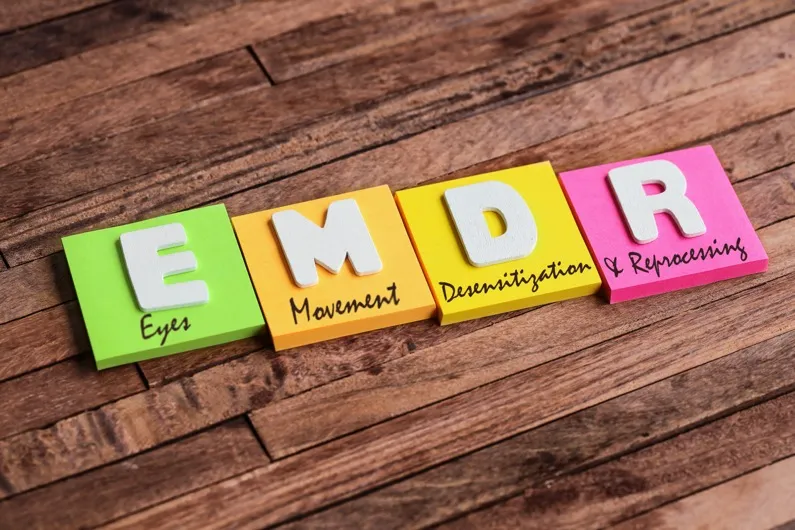EMDR Therapy Grief Loss
Grief and loss are natural emotions that accompany the challenges of life, and each person experiences them uniquely. The weight of living with grief can impact every part of your life, and sneak up on you even during times when you feel you “should” feel happy. The pain of losing a loved one, facing major life changes, or navigating unexpected difficulties can leave us feeling overwhelmed and uncertain.
As a therapist specializing in Eye Movement Desensitization and Reprocessing (EMDR) therapy, I work with my clients to help them discover a pathway to holistic healing and hope during difficult times.
With the right guidance, it IS possible for you to start reclaiming the power over your own life.

Understanding EMDR Therapy:
EMDR therapy is an evidence-based therapeutic approach developed to address trauma and emotional distress. It was initially designed to treat post-traumatic stress disorder (PTSD) but has since been recognized for its effectiveness in healing various psychological wounds, including grief and loss. EMDR is a transformative therapeutic approach that helps individuals get past painful memories incorporating the power of visualization and eye movements. The process involves a combination of talk therapy and bilateral stimulation, typically achieved through eye movements. This unique method helps access and process distressing memories or emotions, allowing individuals to heal and find resolution in a safe and controlled environment.
Who Can Benefit from EMDR Therapy:
EMDR therapy can benefit a wide range of individuals dealing with various forms of grief, including:
- Loss of a Loved One: The death of a family member, friend, or pet can be incredibly distressing, and EMDR can provide a supportive framework for processing the emotions tied to this loss.
- Divorce or Relationship Breakup: The end of a significant relationship can lead to intense grief, and EMDR can help individuals navigate the complex emotions associated with these changes.
- Loss of Job or Career Transition: Losing a job or experiencing a major career shift can evoke feelings of grief, and EMDR therapy can help individuals adapt and find new purpose.
- Illness and Health-Related Loss: Coping with an illness, either personally or as a caregiver, can be emotionally taxing, and EMDR can provide solace and strength during this challenging time.
How EMDR Therapy Helps with Grief:
Grief can manifest in various ways, impacting individuals physically, emotionally, and psychologically. Some common grief reactions include:
- Intense Sadness and Emotional Pain: EMDR therapy can help you process these emotions and find healthier ways to cope with them.
- Intrusive Thoughts and Memories: Grief can bring about recurrent distressing thoughts, and EMDR can aid in reprocessing these memories, allowing you to regain control over your mind.
- Sleep Disturbances: The loss of a loved one or significant life change can disrupt sleep patterns, and EMDR can help restore restful sleep.
- Difficulty Concentrating: Grief may make it hard to focus on daily tasks, but EMDR can improve your ability to concentrate and function effectively.
- Guilt and Regret: EMDR therapy can help you address and resolve feelings of guilt or regret associated with your loss.
For immediate help, call 988 or go to your nearest emergency room.




